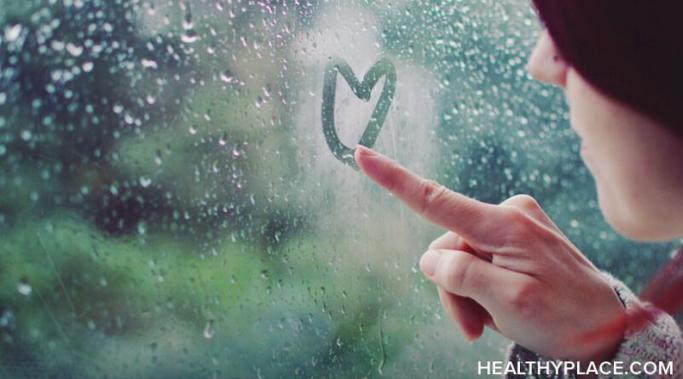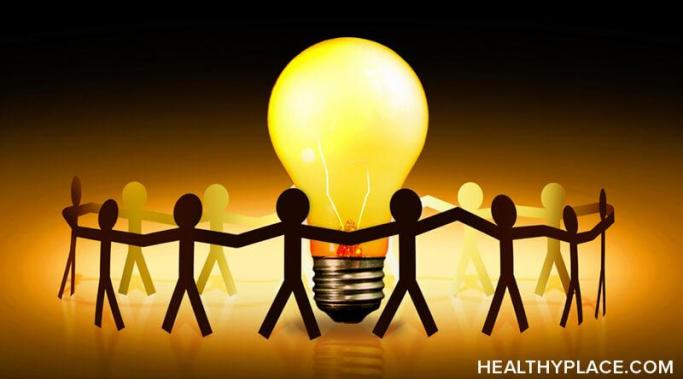Being part of my gambling recovery journey has been a wild ride, hasn't it? We've shared everything from the thrill of the win to the gut-wrenching lows. We've laughed, cried, and learned together. My work at "Recovering from Mental Illness" has been akin to a virtual support group, a digital cheerleader, and a confidant of sorts.
About Recovering from Mental Illness Authors
The last thing I thought would be part of my healing process in addiction recovery was humor. I was in a dark place, consumed by guilt, shame, and a constant sense of failure. The idea of laughing seemed absurd, almost inappropriate, given the weight of my situation. But as I dug deeper, I discovered that humor in addiction recovery wasn't just a distraction—it was a crucial tool in my path to healing.
Relapse is a scary word for any recovering gambling addict and a common hurdle in the recovery journey. My first relapse was at 11 months. I had been clean for almost one year. I had rebuilt my life, friendships, and even finances. But then stress from work hit, and that familiar itch came back. I justified it as a one-off, a harmless distraction, but before I knew it, one bet had turned into 10, then 100. I was experiencing a gambling relapse.
Gambling addiction is a battle fought largely in silence, but recovery support groups can change that. The shame and stigma associated with the addiction make it hard for most to open up about their struggles, making recovery even more difficult. One of the tools that has been truly helpful in my journey is participating in recovery support groups.
As someone who has struggled with guilt in compulsive gambling recovery, I understand the overwhelming feelings of remorse and shame that can linger long after we've decided to quit gambling. I have also learned that guilt doesn't have to define our recovery. With the right strategies and support, it's possible to heal from the wounds of the past and move forward. In this article, I'll be sharing with you how to overcome guilt in your gambling recovery journey.
I've loved sharing my life, stories, and insights with HealthyPlace, but my time here is now coming to an end. Although moving on in any aspect of life is difficult, I've found the hardest part of moving on is making the decision to let go, especially if you enjoy what you're doing.
There is an intersection between men's mental health and addiction. June is Men’s Mental Health Awareness Month. Having walked the tough road of gambling addiction recovery, I feel it would be a great injustice not to address one of the most pressing issues—gambling addiction and its profound impact on men's mental health.
There are healthy alternatives to gambling, but building healthy habits as a recovering gambling addict is not easy. One day, you feel like it's all behind you, and the next, you are fighting the urge not to place that bet. This was me a couple of years back. Weeks and even months of abstinence would crumble at the allure of the casino until I realized that recovering from gambling addiction requires more than just abstaining from placing bets. Recovery also involves finding healthy alternatives to gambling, supporting your current lifestyle.
Supporting your loved one during a gambling addiction recovery journey is quite difficult. Seeing a loved one struggle with gambling addiction can be heartbreaking. You may feel a mix of emotions – concern, fear, anger, and even frustration. But amidst these feelings, one desire likely stands out: to help them get better. However, starting a conversation about a sensitive topic like gambling addiction can be daunting. In this article, I'll share some tips to guide you through this difficult but necessary conversation that serves as a starting point when supporting a loved one in addiction recovery.
Technology does not have to be an enemy for recovering gambling addicts. The right digital tools for gambling recovery can help you achieve and maintain abstinence and even improve emotional wellbeing. Let's take a look at how technology can aid in gambling recovery.









